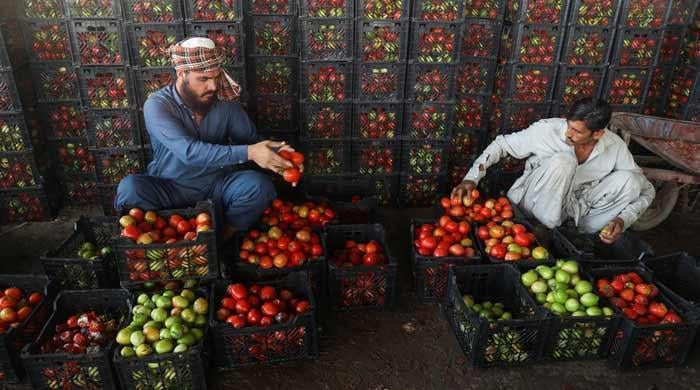Border Closure Impacts Pakistan and Afghanistan Trade
The closure of borders between Pakistan and Afghanistan has significantly increased the cost of essential goods in both countries. Notably, tomato prices in Pakistan have surged fivefold following recent clashes between the two nations this month.
Since October 11, border crossings have been inactive due to ground combat and Pakistani airstrikes along their disputed 2,600km (1,600-mile) border, resulting in numerous casualties on both sides. This marks the most severe conflict since the Taliban’s ascent to power in Kabul in 2021.
Khan Jan Alokozay, Chairman of the Pak-Afghan Chamber of Commerce in Kabul, stated on Thursday that all trade and transit activities have been halted since the outbreak of hostilities.
“Each day sees an estimated loss of $1 million for both countries,” he remarked.
The annual trade volume of $2.3 billion between the two countries primarily comprises fresh produce, minerals, pharmaceuticals, grains, sugar, meat, and dairy.
The price of tomatoes, a staple in Pakistani cuisine, has escalated by over 400%, reaching approximately Rs600 (US$2.13) per kilogram. The price of apples, largely imported from Afghanistan, is also experiencing a sharp increase.
Alokozay reported, “We typically export around 500 containers of vegetables daily, all of which are now going to waste.”
According to a Pakistani official at the Torkham border crossing, around 5,000 containers of various goods are currently stranded on both sides.
The official also noted the existing scarcity of tomatoes, apples, and grapes in the market.
The Pakistani commerce ministry has not yet issued any statement regarding the situation.
The border skirmishes were instigated by Islamabad’s demand for Kabul to suppress militants allegedly launching attacks into Pakistan from Afghan sanctuaries. The Taliban has refuted these allegations.
Although a ceasefire was brokered during discussions facilitated by Qatar and Turkey last weekend and is currently in effect, the border remains closed for trade. The next round of talks is scheduled for October 25 in Istanbul.



Comments (0)
No comments yet. Be the first to comment!
Leave a Comment